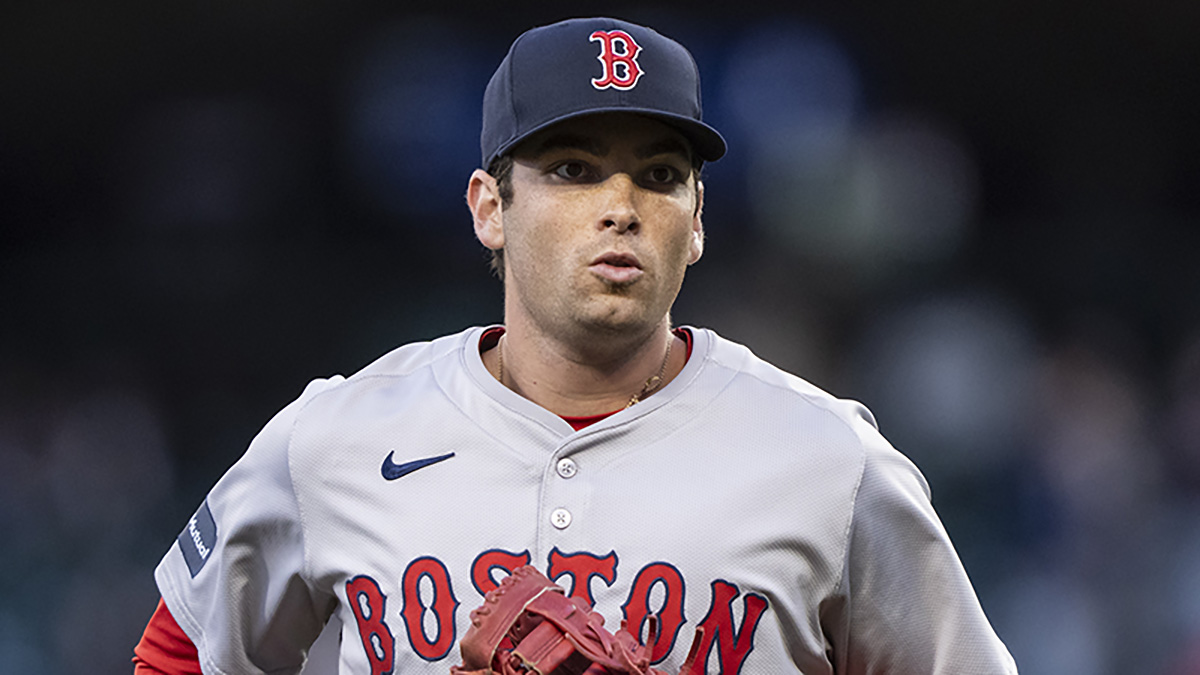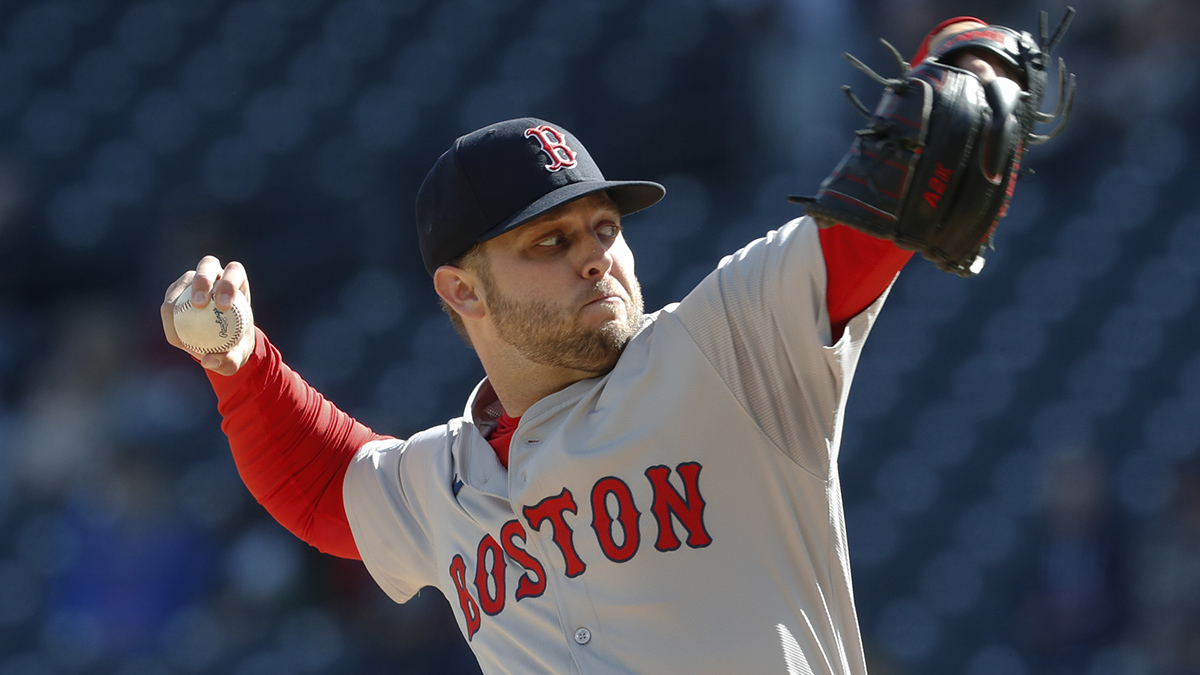
OAKLAND -- Maybe, as Bobby Valentine hinted late Monday night, the Red Sox will put Daisuke Matsuzaka on the disabled list Tuesday, giving him time to recover from a stiff trapezeus muscle that has been bothersome since the spring. Or maybe they won't.
But at this point, there seems to be little value in keeping him in the Red Sox starting rotation, fully healthy not.
Matsuzaka flamed out Monday, failing to get an out in the second inning while being charged with five runs in a 6-1 loss to Oakland. In five statrts since returning from Tommy John surgery, Matsuzaka has yet to win.
Sure, wins aren't everything, as we've come to learn. Indeed, wins for a starting pitcher can be a highly misleading stat.
But here's the thing about Matsuzaka starts: The Red Sox aren't winning many of them, either. In his five outings this season, the Sox are 2-3, and one of those wins came when they staged a comeback after Matsuzaka left the game. The Sox were trailing 4-3 at the time.
To give credit where credit's due, Matsuzaka did pitch brilliantly in his start prior to Monday's debacle, limiting Toronto, a good offensive team, to a single run on six hits over 5 23 innings.
That, however, has been it.
Boston Red Sox
More times than not, Matsuzaka has been slow to get untracked, has been generally inefficient, and has placed a burden on the bullpen.
Monday night, of course, was an extreme example. Red Sox relievers had to get 21 outs in the wake of Matsuzaka's aborted start.
The injury wasn't Matsuzaka's fault. But failing to be honest with manager Bobby Valentine and the coaching staff didn't help. Matsuzaka insisted that he could take his regular turn, despite not being able to make a between-start bullpen session in preparation.
Afterward, Matsuzaka admitted that his body wasn't "in condition'' to make his start.
So Clayton Mortensen had to eat up five innings and Mark Melancon two more to cover what the starter could not.
Matsuzaka is now almost exactly 5 12 years into his Red Sox career and there are no surprises any more. He still fails to attack the strike zone, still throws way too many pitches, and still fails to help his team win many games.
The long-gestating argument -- was he worth all the money and trouble? -- has been answered by now, and the answer, obviously, is: No. Matsuzaka has won 49 games in 5 12 seasons, and it's hard to justify 103 million being spent for such a return.
We'll probably never know why Matsuzaka's success didn't translate here, or even figure out why, after winning 33 games in his first two seasons, he won just 16 since.
Some of it was health, yes. He missed almost exactly a year due to the Tommy John surgery. But he wasn't successful or durable even before that.
It didn't seem to matter who the manager was, or even who his pitching coach was. Matsuzaka has had three of the latter in the last three seasons, all unable to crack the enigma that is Dice-K.
The non-waiver trading deadline is less than a month away. Matsuzaka has a no-trade clause in his contract and can void any potential deal. It's uncertain if Matsuzaka would waive his no-trade. For that matter, it's unclear exactly how much interest there would be in him.
Even with the shortage of pitching, there aren't a lot of teams crawling over one another to trade for a pitcher with a 6.65 ERA.
But there's no harm in asking him if he would be interested in going elsewhere for the next three months. Maybe a change of scenery would do Matsuzaka good. He's eligible for free agency after this year and perhaps a fresh start could enable him to make a case for himself this winter.
And if Matsuzaka says he isn't interested in pitching elsewhere, perhaps the best thing the Red Sox could do is shake his hand and say goodbye.
They're committed to his remaining salary (5 million) either way. With plenty of other options (Aaron Cook, a soon-to-be-returning Clay Buchholz, Franklin Morales, and perhaps down the road, Zach Stewart), it's not as if the Red Sox don't have other options.
Signing Matsuzaka in December 2006 was a gamble worth taking, an idea that seemed good at the time. Six years later, that argument can no longer be made.


